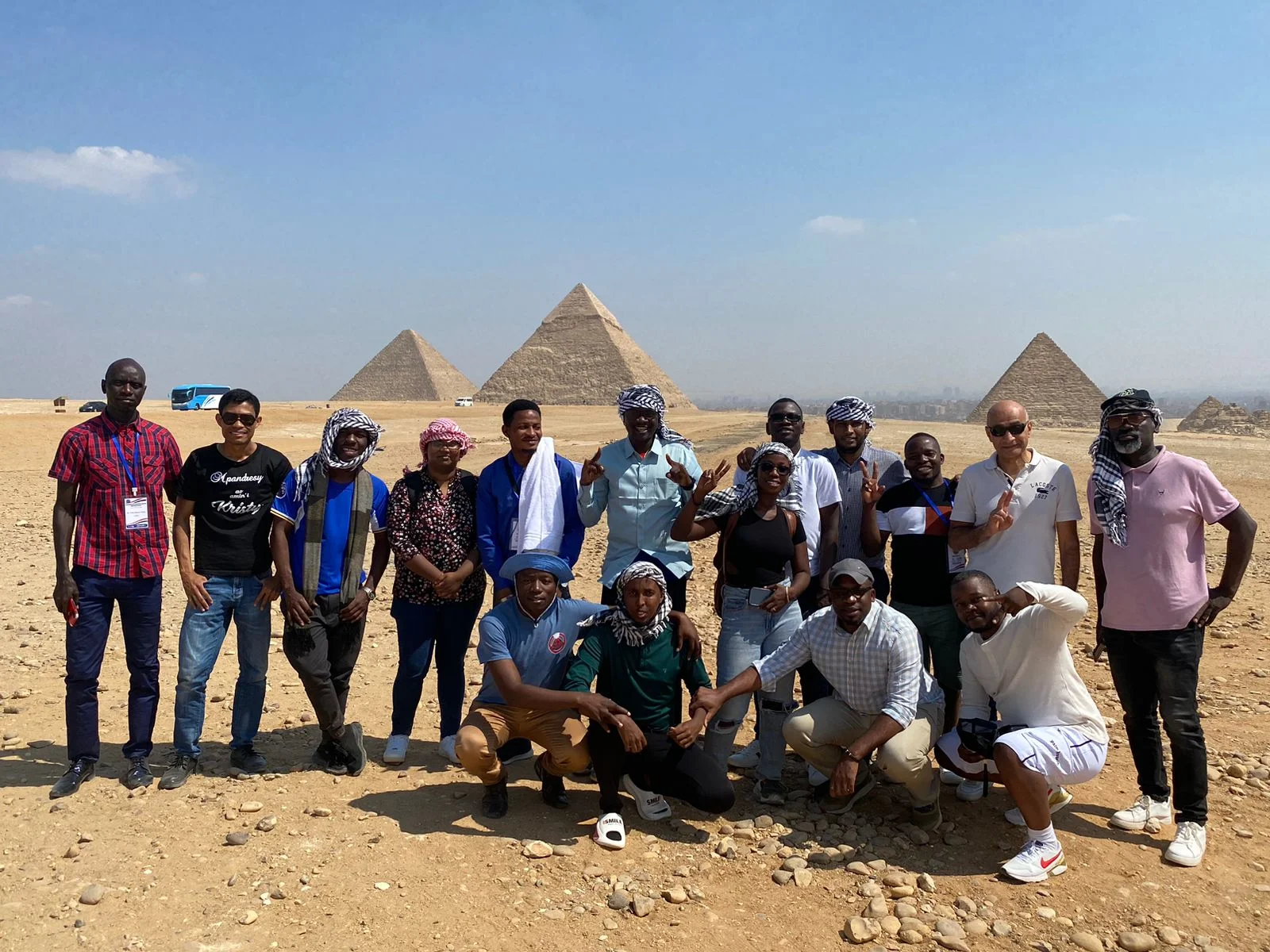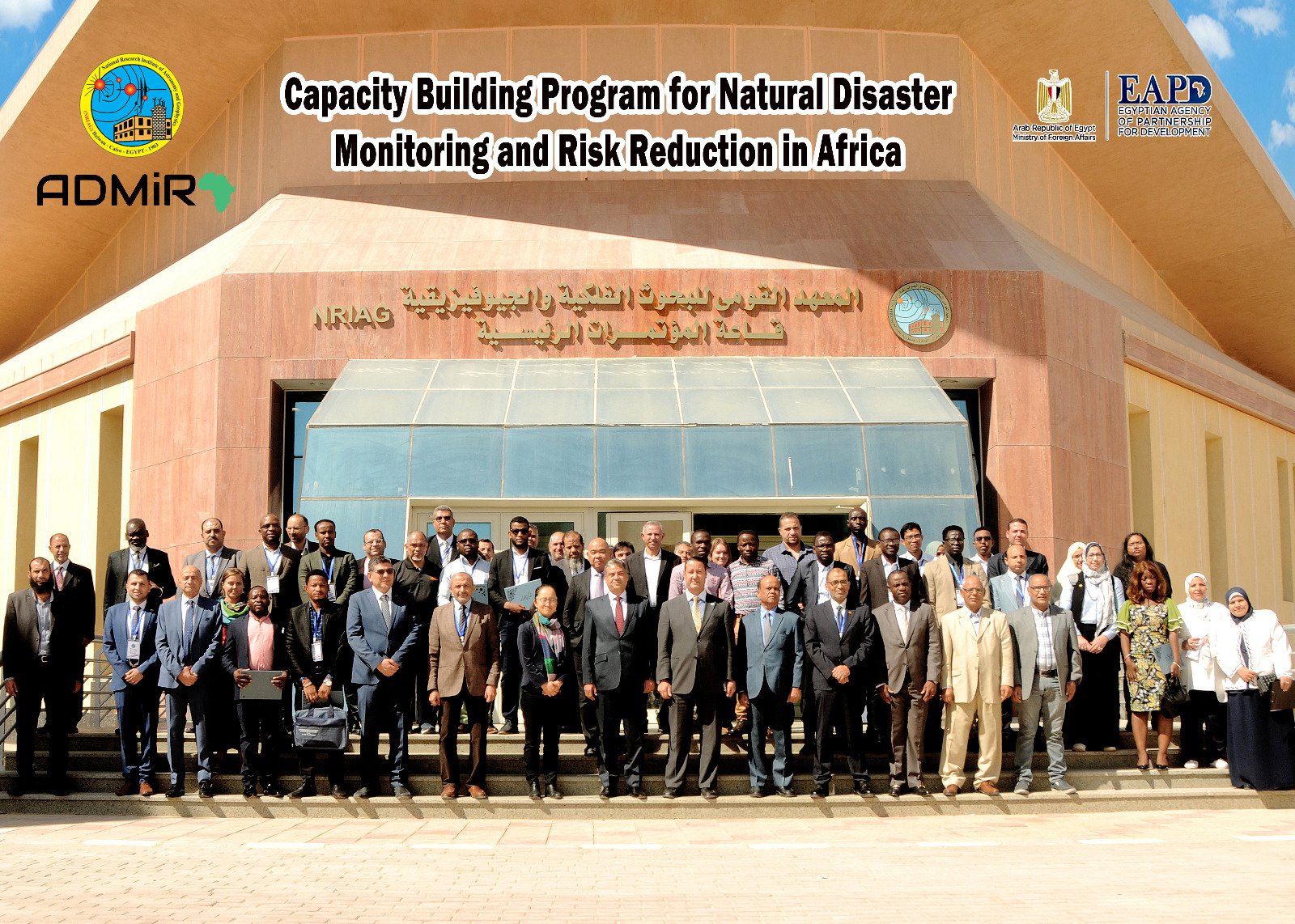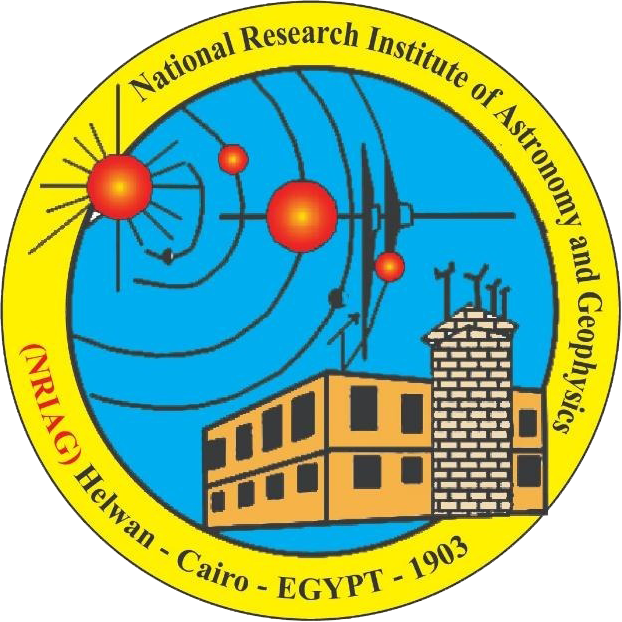The Capacity Building Program for Natural Disaster Monitoring and Risk Reduction in Africa
2023-10-31
The Capacity Building Program for Natural Disaster Monitoring and Risk Reduction in Africa
In cooperation Between ADMiR ASRIC Center of excellence in Disaster Mitigation and with funding by EPAD (Egyptian Agency of Partnership for Development) and NRIAG (National Research Institute of Astronomy and Geophysics, Egypt) The Capacity Building Program for Natural Disaster Monitoring and Risk Reduction in Africa has successfully concluded. The primary objective of this program was to empower the next generation of African scientists and professionals with the knowledge and skills necessary to address the pressing challenges posed by natural disasters. Over the course of 19 intensive days, participants engaged in three critical modules: Seismic Hazards, Flood and Climate Hazards, and Crustal Deformation. This report presents an overview of the program, its objectives, key achievements, and the envisioned impact on disaster management in Africa.
Introduction
Natural and environmental disasters have long posed significant challenges to the development process in Africa. The continent faces a disproportionately high incidence of disasters resulting from various natural hazards. Africa accounts for only 20% of reported disasters worldwide, yet it endures 60% of all disaster-related deaths. These challenges stem from factors such as a shortage of trained human capacities, scarcity of monitoring stations and field studies, and a technological gap. In response to these challenges, the Capacity Building Program was initiated in collaboration with the Egyptian Agency of Partnership for Development (EPAD). The program aimed to bridge the gap in trained human capacity by equipping participants with the knowledge and skills required to reduce disaster risk.
Program Objectives
The program was designed with the following key objectives in mind:
- Develop the Skills and Capabilities of Trainees: Enhance participants' abilities to analyze geophysical disaster monitoring data.
- Establish and Maintain Monitoring Stations: Equip trainees with the skills needed to establish and manage monitoring stations effectively.
- Analyze Data and Prepare Technical Reports: Develop the capacity to analyze data and create comprehensive technical reports.
- Enhance Research Skills: Provide trainees with the tools and knowledge to comprehend modern trends in science.
Program Implementation
The program unfolded over 19 intensive days, from October 1st to October 19th, 2023, in Egypt. Eighteen participants from 16 different African countries actively engaged in the program. These participants represented a diverse group of professionals and experts committed to making a difference in disaster monitoring and risk reduction in their home countries.
Achievements
The Capacity Building Program saw substantial accomplishments:
- Participants engaged in three critical modules, becoming well-versed in Seismic Hazards, Flood and Climate Hazards, and Crustal Deformation.
- A substantial body of knowledge was imparted to participants, enabling them to effectively analyze geophysical disaster monitoring data and develop their abilities to establish and maintain monitoring stations.
- Participants gained the skills necessary to prepare technical reports and further their research capabilities to better understand the ever-evolving trends in science.
- The program successfully contributed to bridging the gap in trained human capacity in Africa by nurturing the potential of the next generation of scientists and professionals




